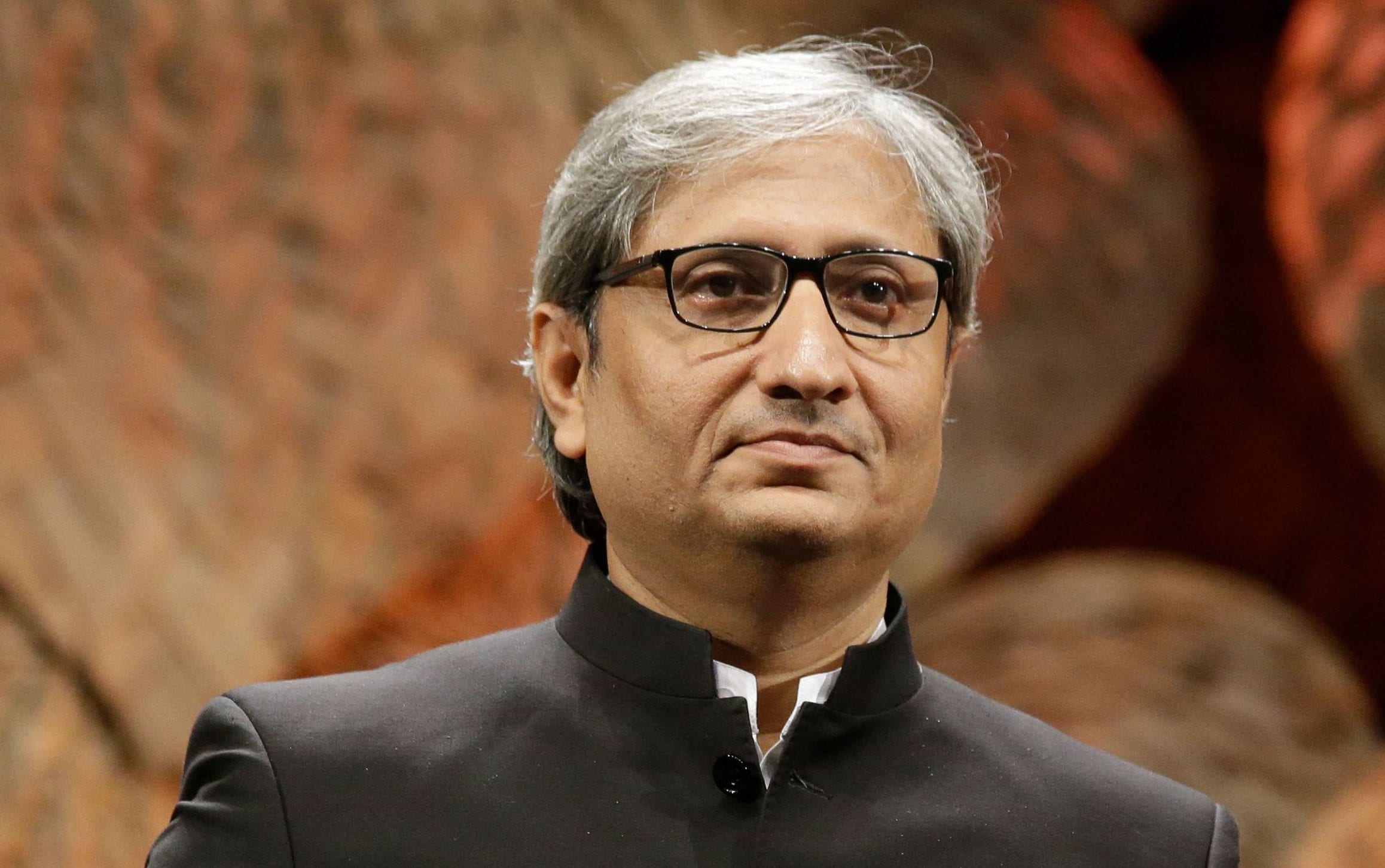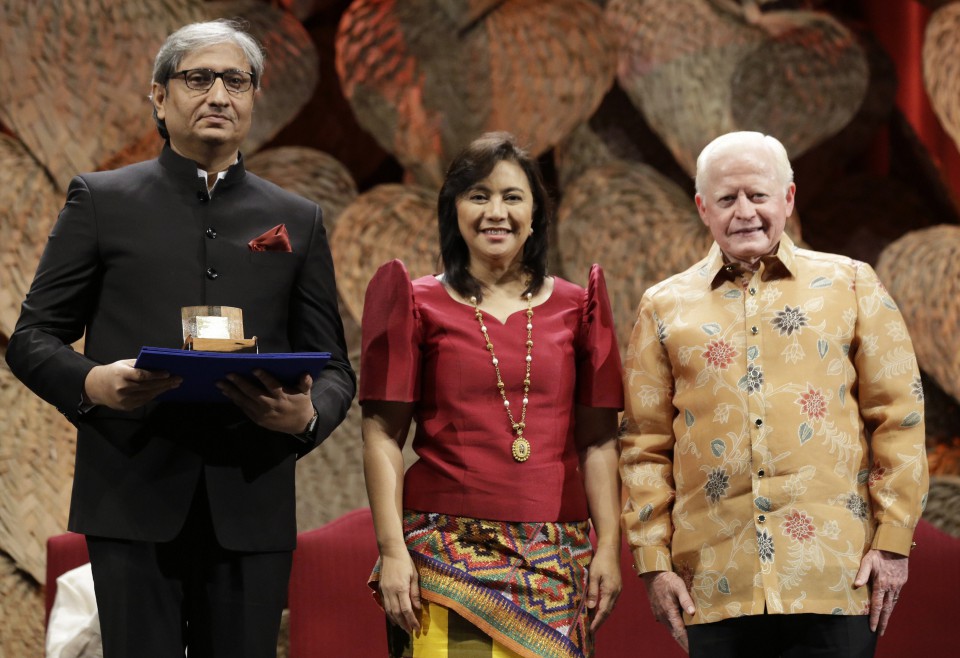
Indian media in state of crisis, says Magsaysay winner Ravish Kumar
Indian media is in a state of crisis and this crisis is not accidental or random, but systemic and structural, NDTV senior executive editor Ravish Kumar said on Monday (September 9) while receiving the 2019 Ramon Magsaysay Award.

Indian media is in a state of crisis and this crisis is not accidental or random, but systemic and structural, NDTV senior executive editor Ravish Kumar said on Monday (September 9) while receiving the 2019 Ramon Magsaysay Award.
Highlighting the inequality in knowledge transmission in the country, Kumar said that the time has come “for us to take cognisance of knowledge inequality as well.” “When resources for quality education are confined to a few cities, we cannot even begin to imagine what the repercussions of this inequality are in smaller towns and villages,” Kumar said.
Expressing his fear on the current state of affairs, he said that the source of knowledge for a vast multitude is the “propaganda machine of ‘Whatsapp University’.” “One cannot entirely blame today’s youth since they have been denied quality education and information. It becomes all the more important to evaluate the crisis of media in this context,” he added.
Kumar has time and again expressed his fear on the circulation of fake news on WhatsApp and highlighted how the media too has become a source of fake information.
ALSO READ | Ravish Kumar’s SOS to citizens: Take up journalism in testing times
Fake news and ‘Whatsapp University’
“If media too begins to function like the ‘WhatsApp University’ with fake news and fake knowledge, what would be the consequences of the society? It is a good sign that Indian citizens have begun to understand this,” he said, adding that the congratulatory message he has been receiving are also filled with “worries how the media has turned rogue in India.”
Speaking about the media in the country, he said that he is worried with the “state of the profession I represent.” “Indian media is in a state of crisis and this crisis is not accidental or random, but systemic and structural,” he asserted.
He also underlined the struggle that the journalists in the country are facing while trying to do their job. “Being a journalist has become a solitary endeavour as uncompromising journalists find themselves being forced out of their jobs by news organisations. And those corporate owners are never questioned,” he said.
Nevertheless, he said, it is heartening to see that there are still some (journalists) who continue to put their lives and careers at risk to practice honest and meaningful journalism.
On the communication shutdown in Jammu and Kashmir following the abrogation of Article 370 since August 5, he highlighted how most of the major media organisations “went along with the government’s stand.” Yet, he said that there are some journalists “who have dared to report from within that shutdown and faced the wrath of the ‘army of trolls’.”

ALSO READ | Indian journalist Ravish Kumar wins 2019 Ramon Magsaysay Award
The media crisis
Painting a grim picture of journalism in the country, he said that while institutional journalism is facing a crisis, individual journalists are struggling to survive and question authorities.
“Can we restore the sanctity of the news?” he asked, while adding that he hopes the audiences will realise the value of truthfulness in reporting and the diversity of voices and opinions. Democracy, he said, can thrive only as long as news and information is truthful.
Expressing his faith in young journalists, Kumar said, they will be able to restore the meaning of true journalism.
“I accept this award on behalf of all those readers and viewers who continue to live in areas of knowledge inequality but have a thirst for good and truthful information and knowledge. Many young journalists realise this challenge,” he said.
In times to come, he said, “Such journalists will be able to restore the meaning of true journalism, but it is also possible that they may lose the battle.” But again, he said, not all battles are fought for victory; some are fought to simply tell the world that someone was there on the battlefield. Sometimes, he added, resistance is not a matter of choice.
The Ramon Magsaysay award was instituted in 1957 to celebrate the life of Ramon del Fierro Magsaysay, a former President of the Philippines.
Considered as the Asian version of the prestigious Nobel Prize, the Ramon Magsaysay Award was conferred the ‘Prime Time’ journalist for “his unfaltering commitment to a professional, ethical journalism of the highest standards.”


